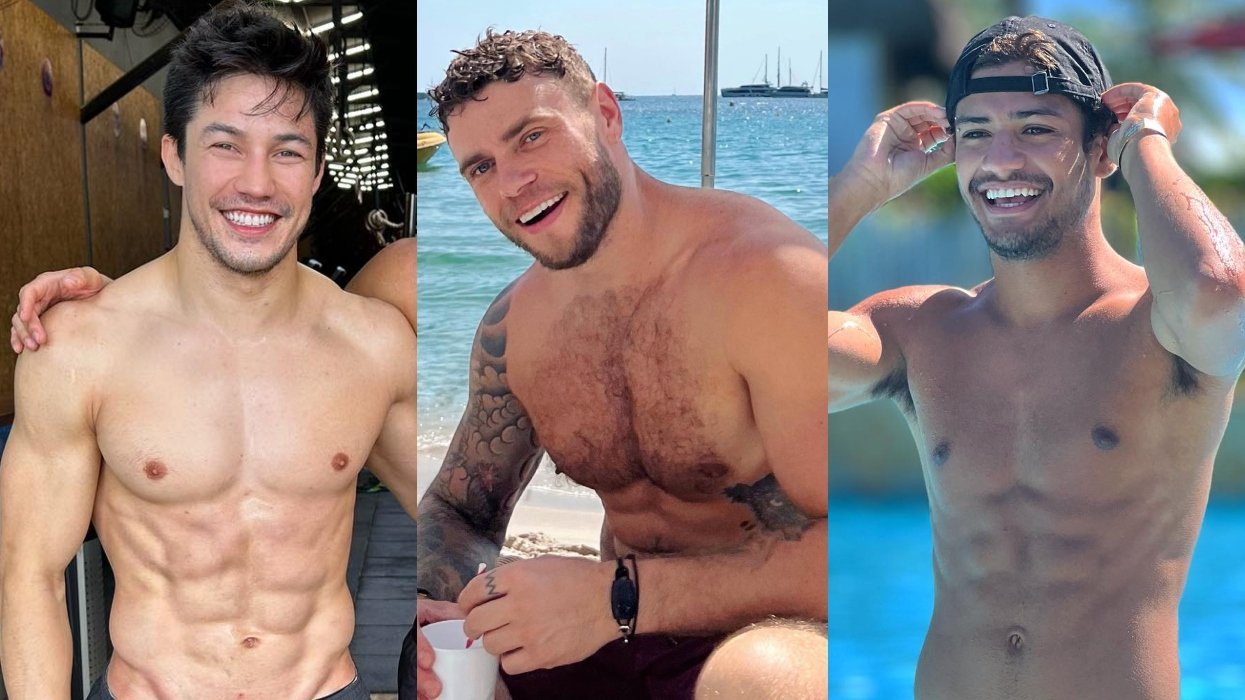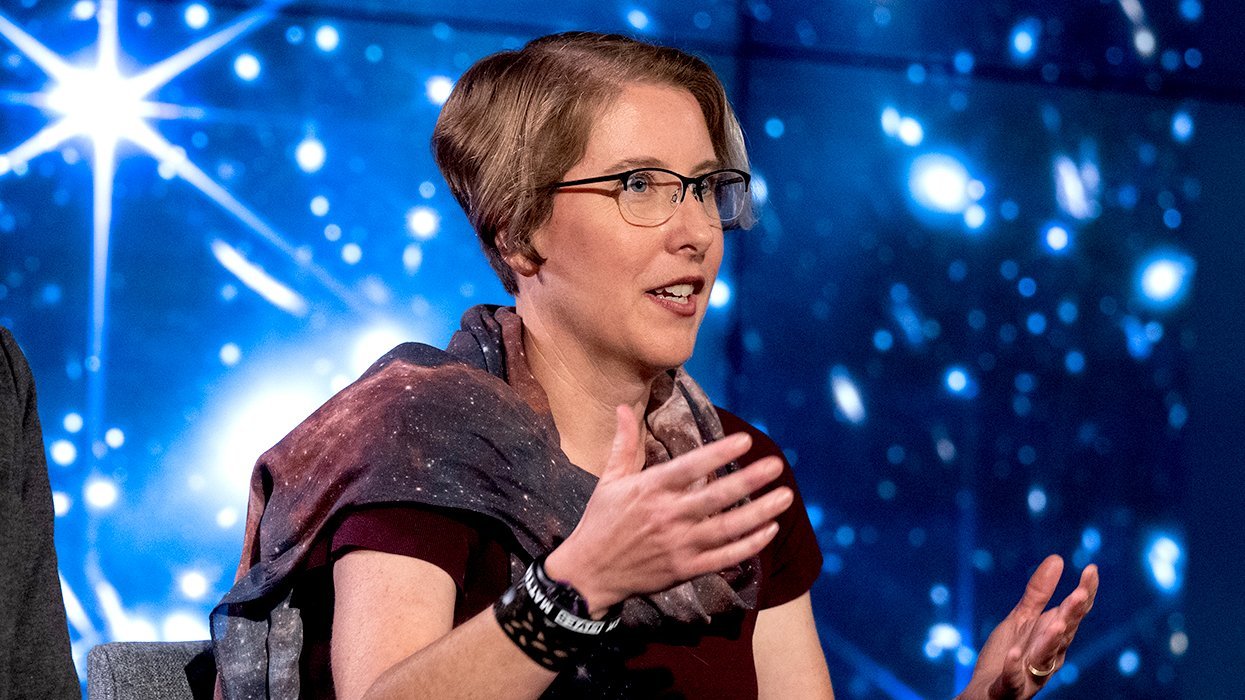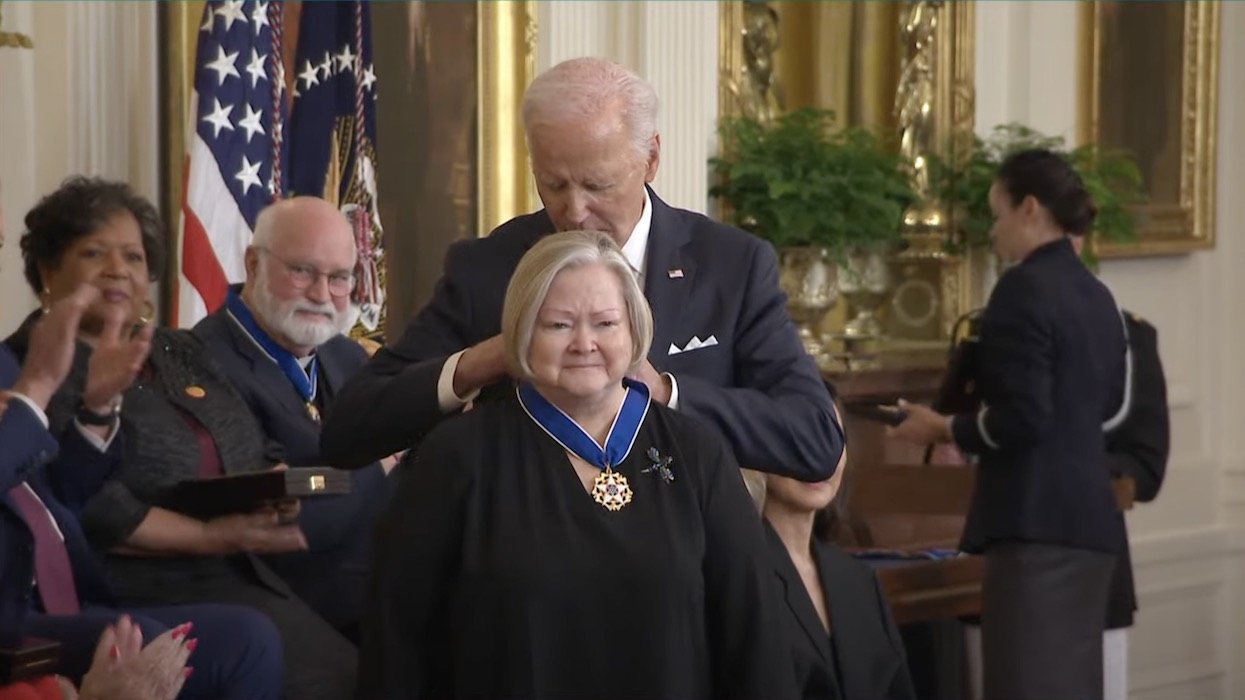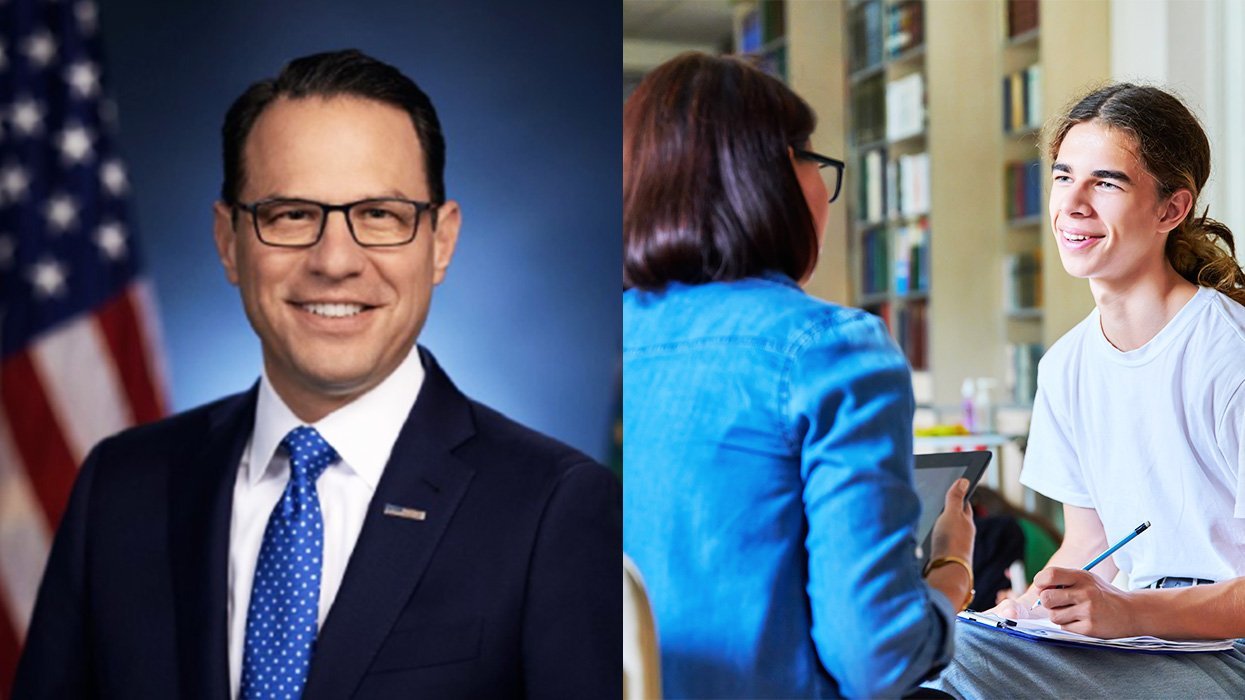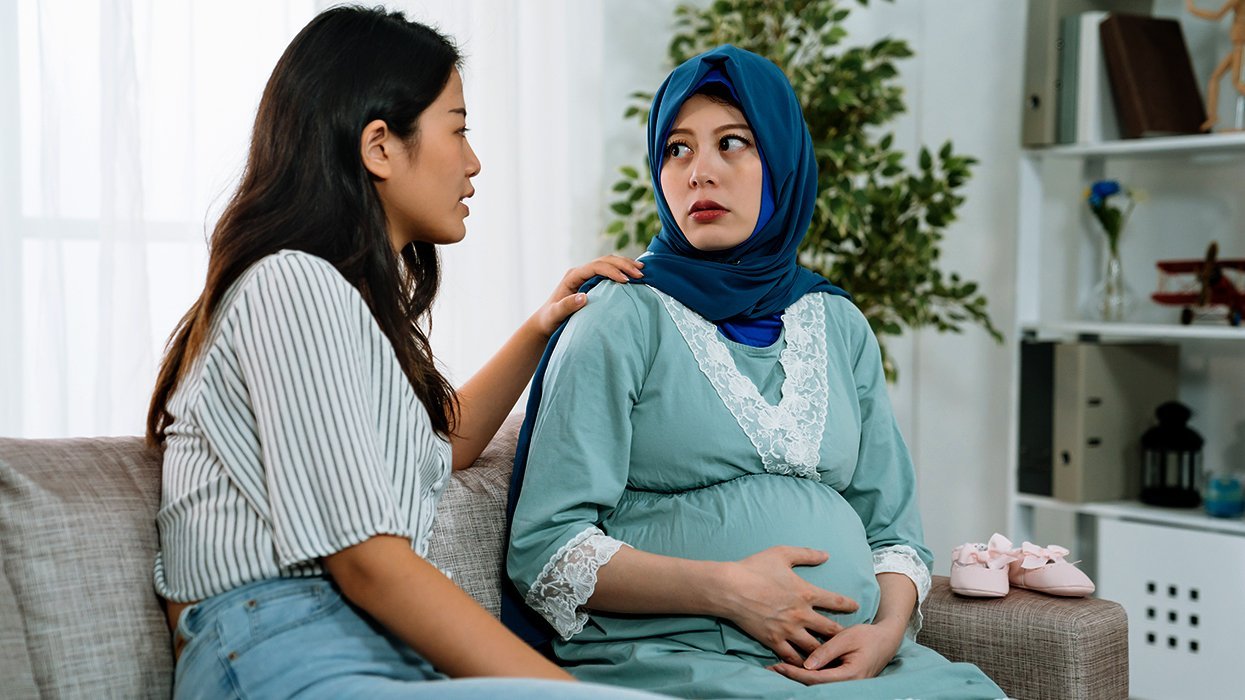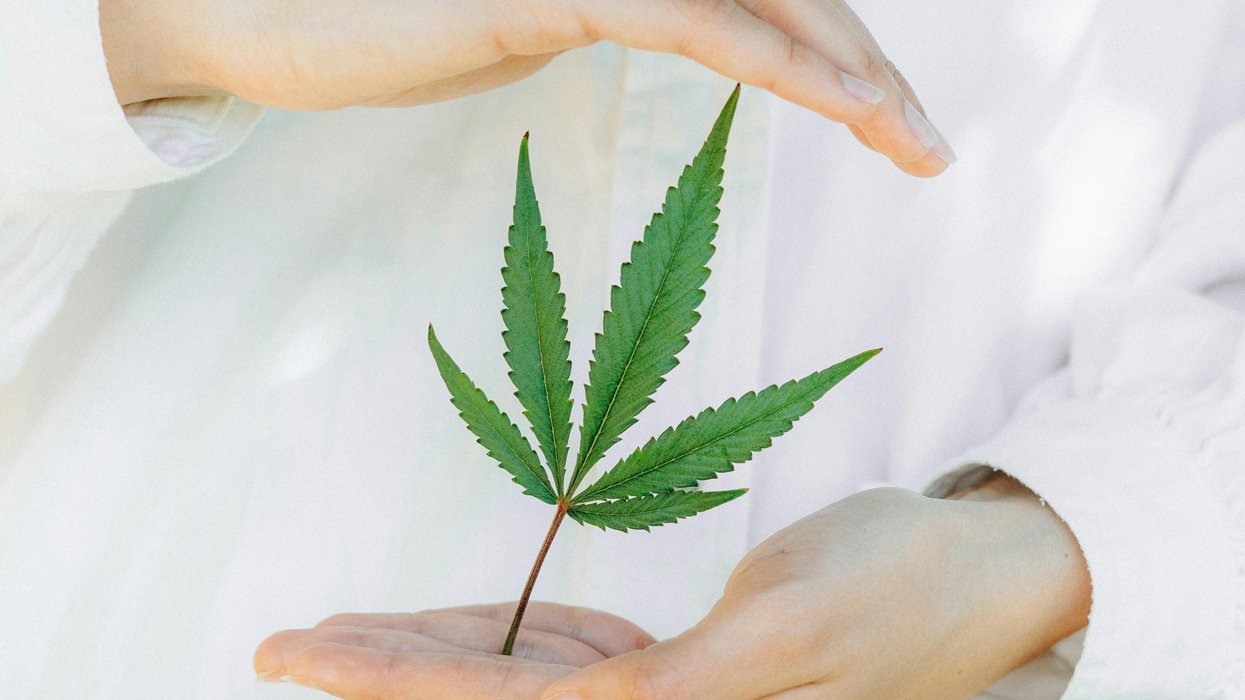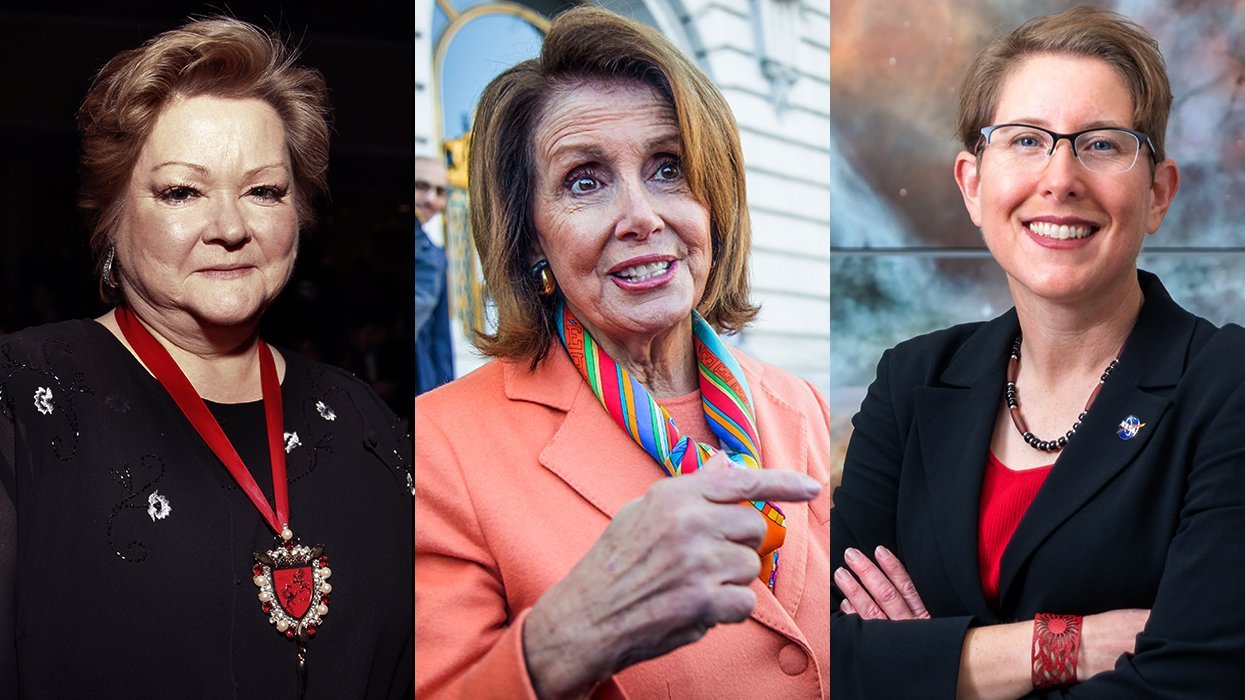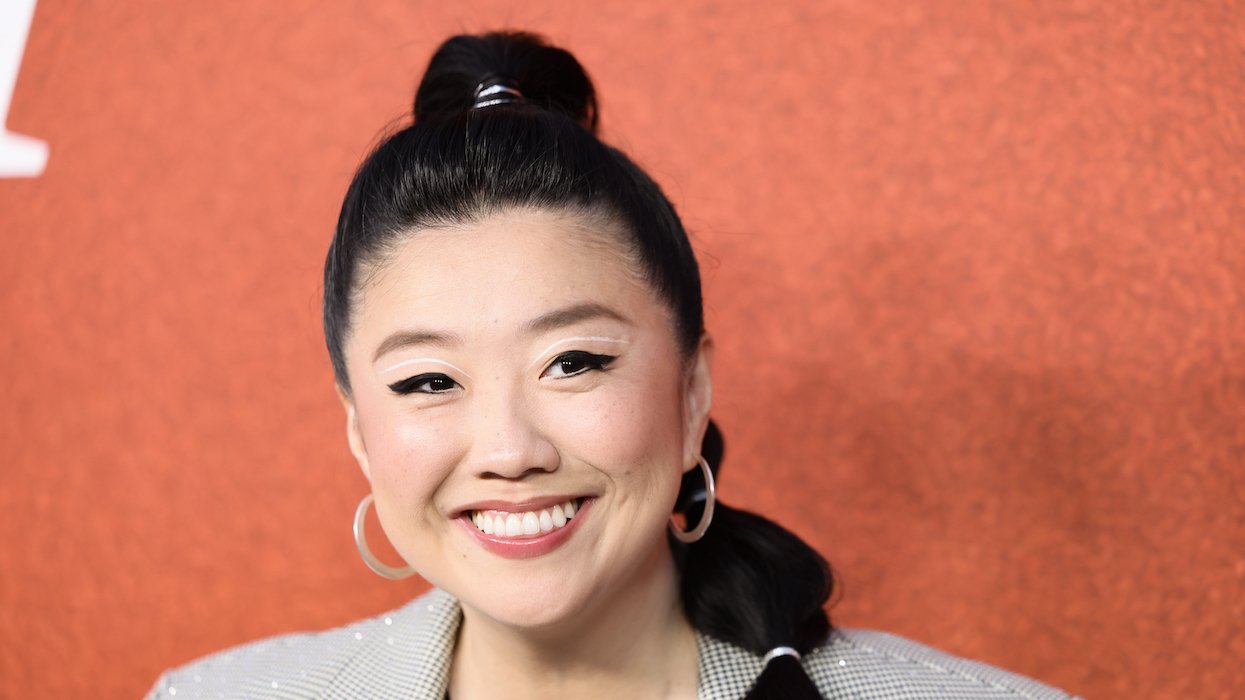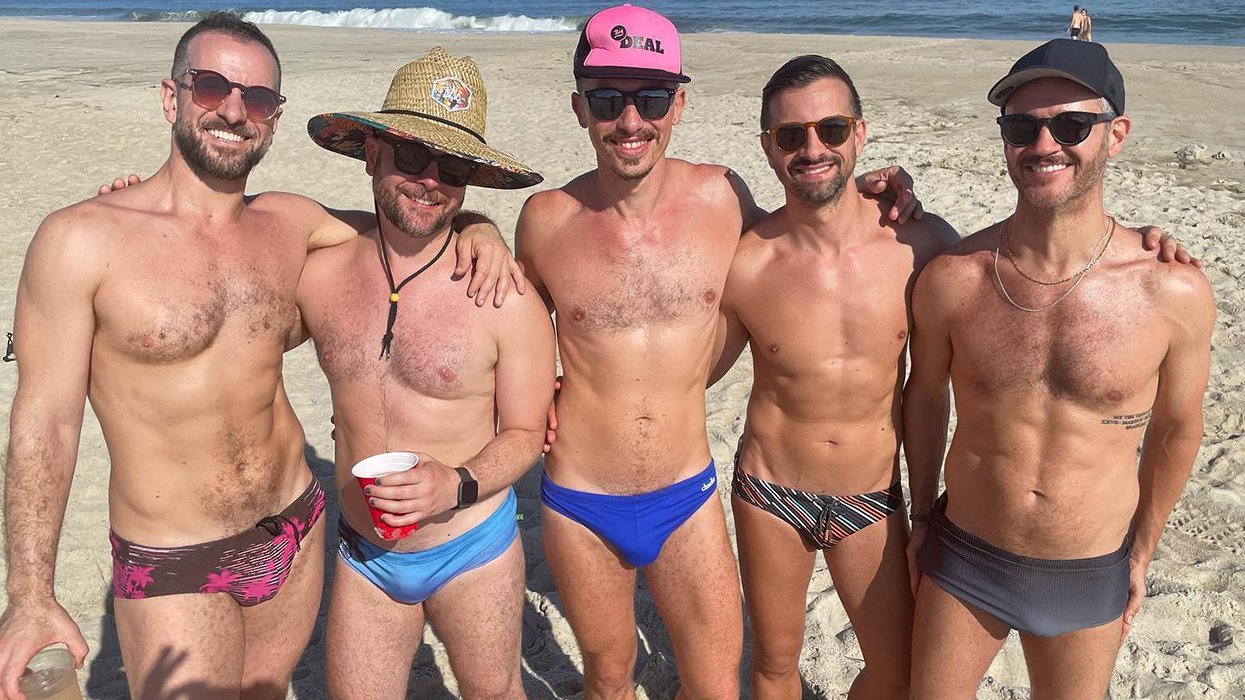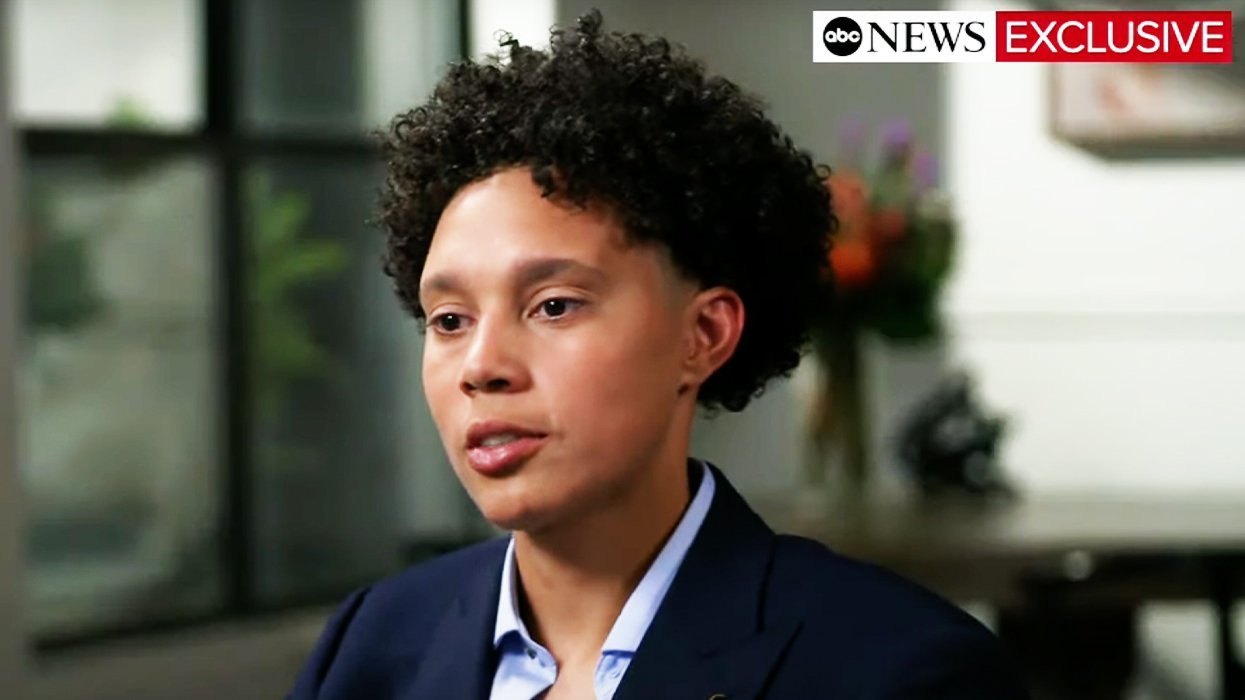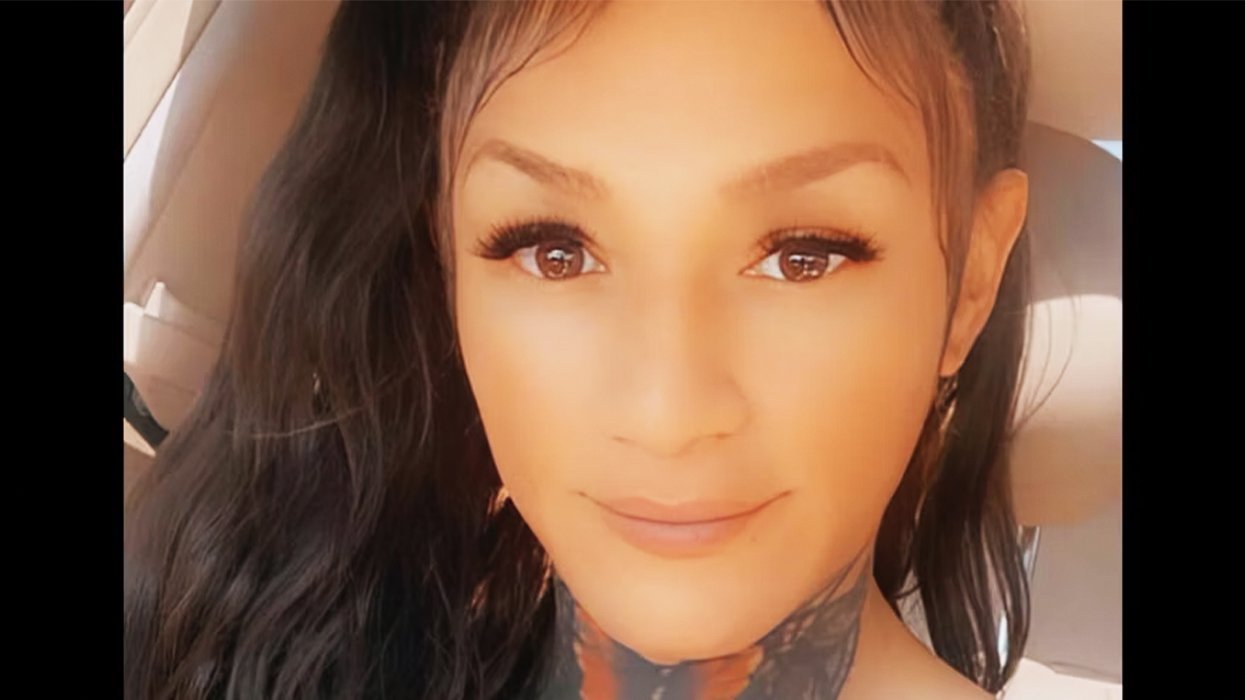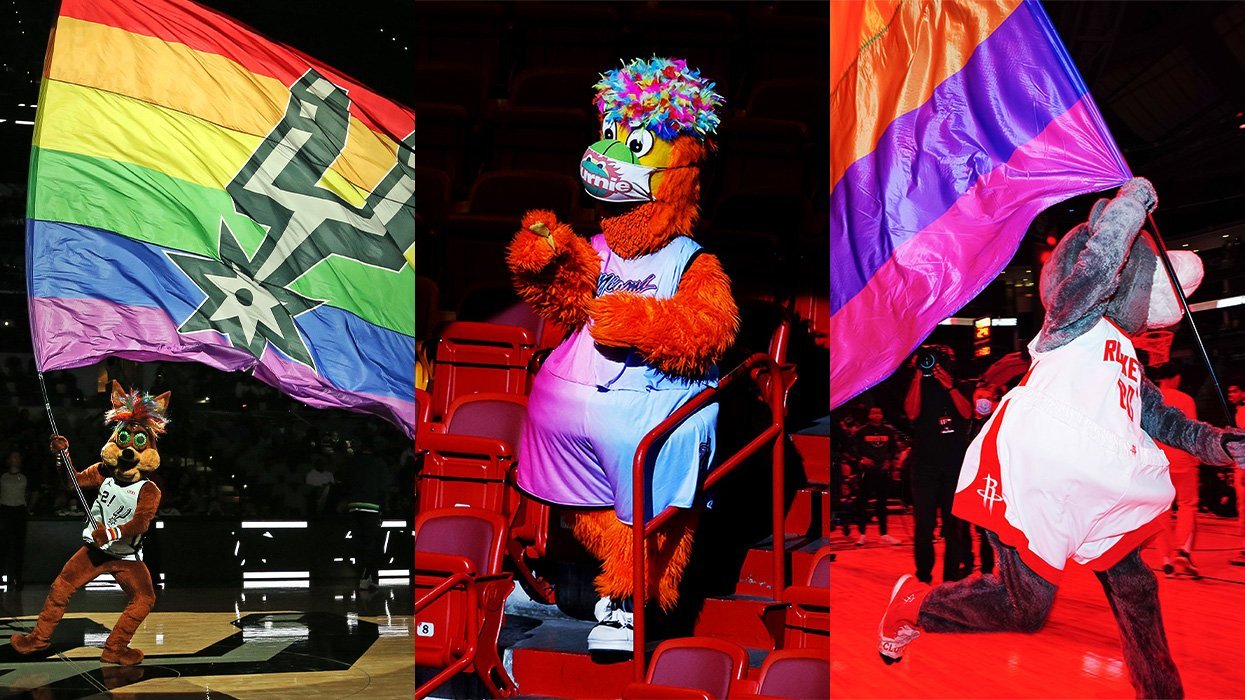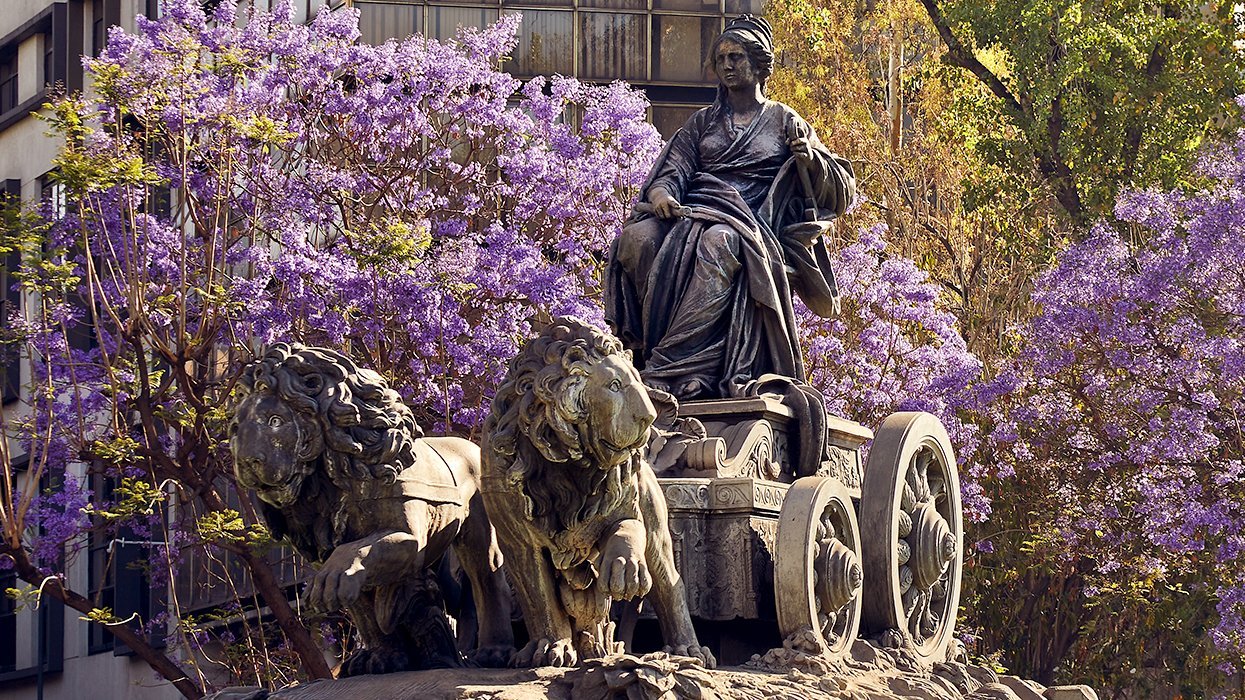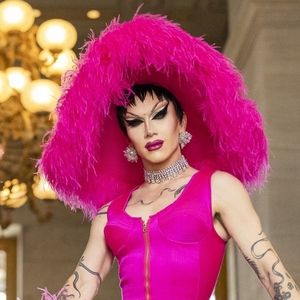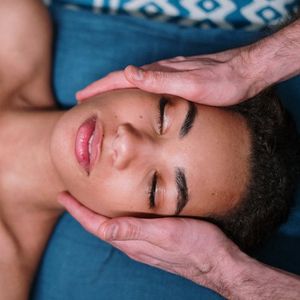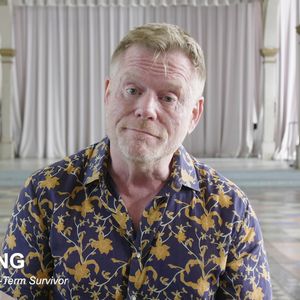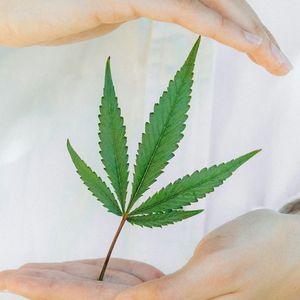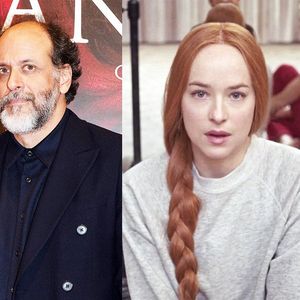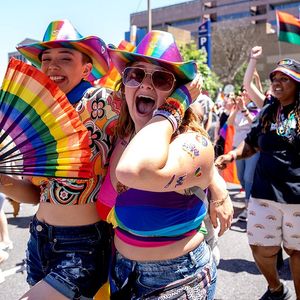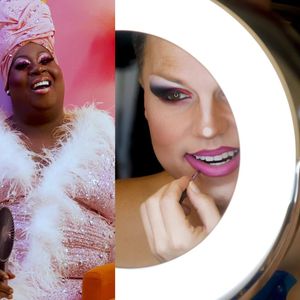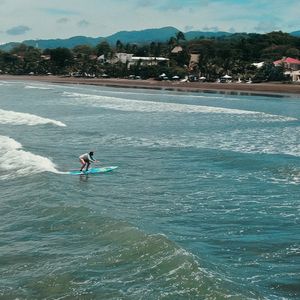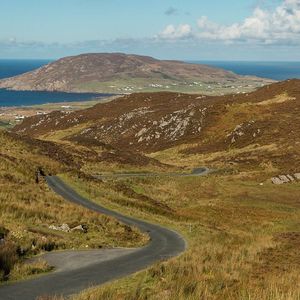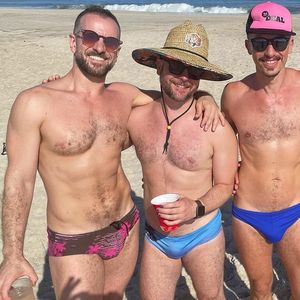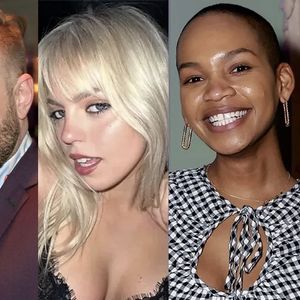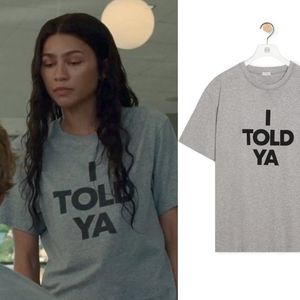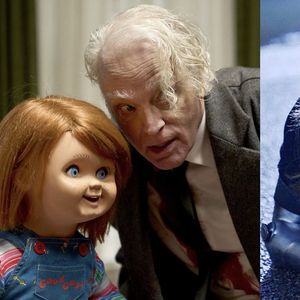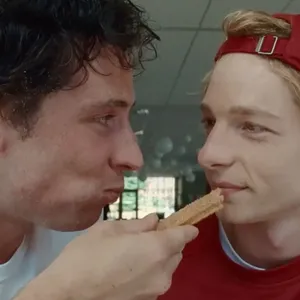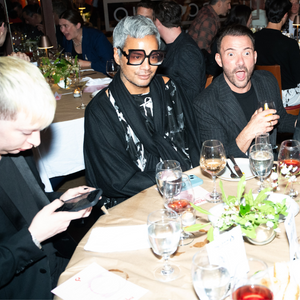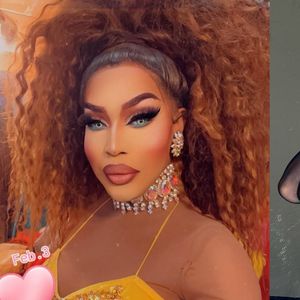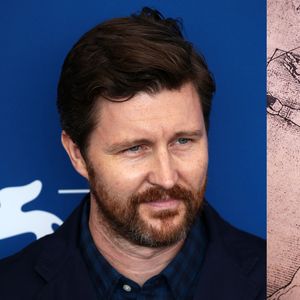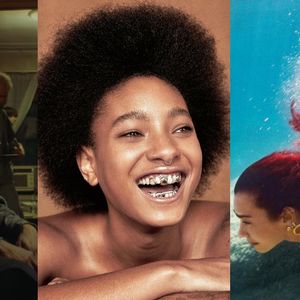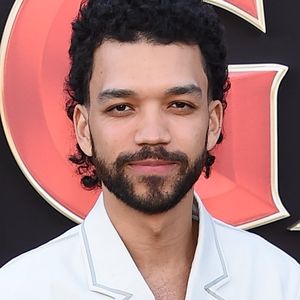Singer Boy George
is innocent and will fight the drug possession charges
he faces in New York, which could result in 15 years in
prison if he is convicted, his lawyer said on
Wednesday. George, wearing a full-length coat,
appeared in Manhattan criminal court on Wednesday to answer
charges stemming from an October incident when police,
responding to his call to report a burglary, found 13
bags of cocaine in his apartment. The case was
adjourned until March 8 after the singer's lawyer, Lou
Freeman, asked for more time to prepare his case. No
plea was entered during the brief hearing.
"In the strongest
possible terms, George maintains his innocence,"
Freeman told Reuters after the hearing. "He's going to
fight them all the way." George left the court without
talking with reporters, stopping briefly to hug two
female fans who waited outside the courthouse to show
support.
George, who made
his name in the 1980s as front man for the pop band
Culture Club, was arrested on October 7. The singer, whose
real name is George O'Dowd, is also charged with
filing a false report with police.
Freeman said the
singer does not know where the drugs came from or who
owned them and that he is a very social person who has many
visitors to his home. The felony complaint charges the
singer with one count of criminal possession of a
controlled substance and says the substances found
weighed more than one eighth of an ounce (3.5 grams).
George's musical
Taboo closed in New York in 2004 after losing
money. The musical was an autobiographical look at a
time when flamboyant cross-dressers reigned in London clubs
and Culture Club topped pop charts around the world.
The son of an Irish builder, George rose from
supermarket shelf stocker to glitzy pop millionaire. He
became an international star in 1982 with "Do You Really
Want to Hurt Me?" The song topped the charts in 18
countries, and Culture Club went on to sell almost 20
million albums.
In 1995, George
recounted his drug-induced fall from grace and how he had
finally kicked his heroin habit in his autobiography Take
It Like a Man. Later, he made a new career as
a DJ and record producer. Freeman said George is now working
on developing his own line of clothing. (Jeanne King,
Reuters)












